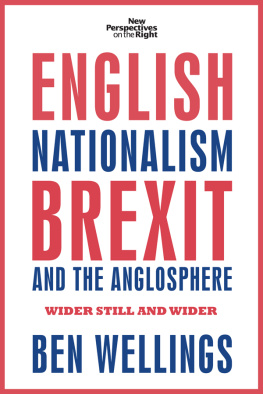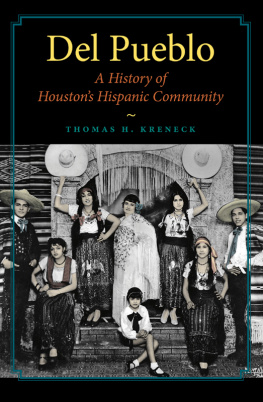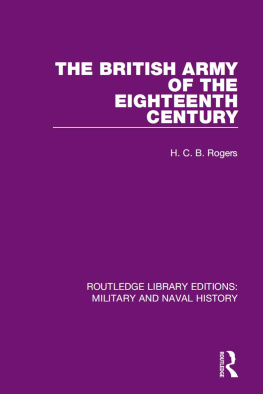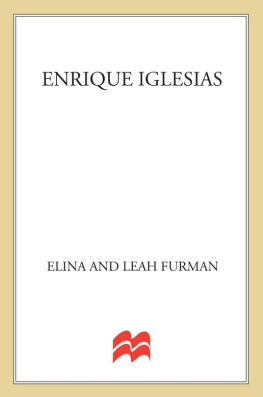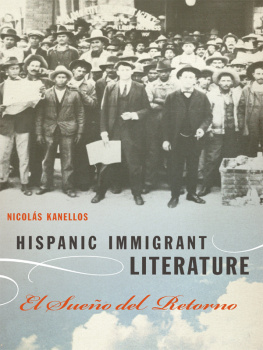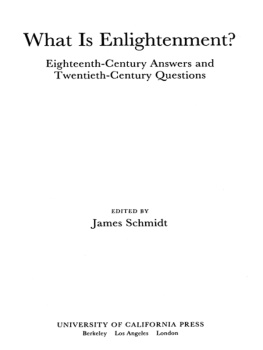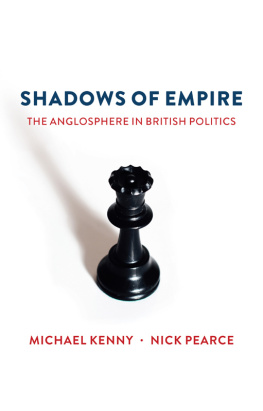The Hispanic-Anglosphere from the Eighteenth to the Twentieth Century
The Hispanic and Anglo worlds are often portrayed as the Cain and Abel of Western culture, antagonistic and alien to each other. This book challenges such view with a new critical conceptual framework the Hispanic-Anglosphere to open a window into the often surprising interactions of individuals, transnational networks and global communities that, it argues, made of the British Isles (England, Ireland, Scotland, Wales, the Channel Islands and the Isle of Man) a crucial hub for the global Hispanic world, a launching-pad and a bridge between Spanish Europe, Africa, America and Asia in the late eighteenth to the early twentieth centuries. Perhaps not unlike today, that was a time marked by social uncertainty, pandemics, the dislocation of global polities and the rise of radicalisms. The volume offers insights on many themes including trade, the arts, education, language, politics, the press, religion, biodiversity, philanthropy, anti-slavery and imperialism. Established academics and rising stars from different continents and disciplines combined original, primary research with a wide range of secondary sources to produce a rich collection of ten case-studies, 25 biographies and seven samples of interpreted material culture, all presented in an accessible style appealing to scholars, students and the general reader alike.
Graciela Iglesias-Rogers is Senior Lecturer in Modern European and Global Hispanic History at the University of Winchester (UK) and Principal Investigator in the AHRC-funded international research project The Hispanic Anglosphere: transnational networks and global communities (18th20th centuries) in partnership with The National Trust Tyntesfield.
Routledge Studies in Modern History
Neo-Confucianism and Science in Korea
Humanity and Nature, 17061814
Sang-ho Ro
International Society in the Early Twentieth Century Asia-Pacific
Imperial Rivalries, International Organizations and Experts
Edited by Hiroo Nakajima
Combatants and Civilians in Revolutionary Ireland, 19181923
Thomas Earls FitzGerald
Alfred Raquez and the French Experience of the Far East, 18981906
William L. Gibson
The Hispanic-Anglosphere from the Eighteenth to the Twentieth Century
An Introduction
Edited by Graciela Iglesias-Rogers
Nietzsche, Heidegger and Colonialism
Occupying South East Asia
R.B.E. Price
Eurasian Empires as Blueprints for Ethiopia
From Ethnolinguistic Nation-State to Multiethnic Federation
Asnake Kefale, Tomasz Kamusella and Christophe Van der Beken
Atlantic Crossroads
Webs of Migration, Culture and Politics between Europe, Africa and the Americas, 18002020
Jos Moya
For more information about this series, please visit: https://www.routledge.com/history/series/MODHIST
First published 2021
by Routledge
52 Vanderbilt Avenue, New York, NY 10017
and by Routledge
2 Park Square, Milton Park, Abingdon, Oxon, OX14 4RN
Routledge is an imprint of the Taylor & Francis Group, an informa business
2021 selection and editorial matter, Graciela Iglesias-Rogers; individual chapters, the contributors
The right of Graciela Iglesias-Rogers to be identified as the author[/s] of the editorial material, and of the authors for their individual chapters, has been asserted in accordance with sections 77 and 78 of the Copyright, Designs and Patents Act 1988.
All rights reserved. No part of this book may be reprinted or reproduced or utilised in any form or by any electronic, mechanical, or other means, now known or hereafter invented, including photocopying and recording, or in any information storage or retrieval system, without permission in writing from the publishers.
Trademark notice: Product or corporate names may be trademarks or registered trademarks, and are used only for identification and explanation without intent to infringe.
Library of Congress Cataloging-in-Publication Data
A catalog record for this title has been requested
ISBN: 978-0-367-35313-1 (hbk)
ISBN: 978-0-367-35314-8 (pbk)
ISBN: 978-0-429-33063-6 (ebk)
Typeset in Times New Roman
by codeMantra
Graciela Iglesias-Rogers
The Hispanic and Anglo worlds are often portrayed as the Cain and Abel of Western culture, quarrelling siblings of a common Christian past who in the aftermath of the Reformation became antagonistic and alien to each other.1 This book tests and challenges such view through the adoption of a new critical conceptual framework the Hispanic-Anglosphere that aims to provide a window not just into links, but mainly into often surprising outcomes of the activities of individuals, transnational networks and global communities that, it is argued, made of the British Isles, a crucial hub for the global Hispanic world and a bridge between Spanish Europe, Africa, Asia and the Americas from the eighteenth to the early twentieth centuries, a time that, perhaps not unlike today, was marked by uncertainty with the dislocation of global polities, health crises, nation-state building and the rise of radicalisms.
This volume stems from the work of The Hispanic-Anglosphere: transnational networks, global communities (late 18th to early 20th centuries), a thriving international research network that since 2017 has been bringing together over twenty historians from the British Isles, continental Europe, the Americas and Russia to work in association with scholars from other disciplines and non-academic partners in order to reveal the extent of the contribution made by those who from any point of the British Isles (England, Ireland, Scotland, Wales, the Channel Islands and the Isle of Man) were closely engaged with the global Hispanic world, regardless of their birth, religion or political allegiance as well as the input of those who came from the Hispanic world to the British Isles as visitors, exiles and/or migrants. The networks objective is to break free from national perspectives and from intellectual often disciplinary-induced straight-jackets that tend to force us to limit and to choose between either Spanish-British or Latin American-British perspectives, often reducing the British experience to the confines of London.2
Lets start by ascertaining the theoretical contours of what at first could be considered as the constituting parts of the conceptual framework the Hispanic and the Anglo spheres. On the former, relatively little has been produced from a theoretical perspective, excluding perhaps for an article by Darrin M. McMahon, Associate Professor of European History at Florida State University, published by the journal Orbis in 2004 with the title The Other Transatlantic Tie: The Hispanosphere.3 This was a piece produced in reaction to the book by James C. Bennett, The Anglosphere Challenge: Why the English-Speaking Nations Will Lead the Way in the Twenty-First Century (London: Rowman & Littlefield, 2004). In a rather superficial way, Bennett argued that the English-speaking world shares, in addition to a common language, a legal heritage and a set of ideas and assumptions that had allegedly made it easier, for example, for Canadian companies to operate in Ireland than in China or Ukraine. He limited the Anglosphere to the educated English-speaking nations (that is, excluding underdeveloped Africa and Asia) and argued that on that basis the Anglosphere could integrate more rapidly and assume more of the dimensions of a common economic and social space in the decades ahead. He did admit that the Anglosphere could not stand alone and it was in that context that he acknowledged the existence of a potentially similarly powerful Hispanosphere as well as a growing Sinosphere, a Lusosphere and a Francosphere.4 Bennetts views have encouraged an exclusively white, wealthy, socially conservative interpretation of the Anglosphere that have since been clogging social media outlets. McMahon decided to prove that the Hispanosphere had more things in common than the Anglosphere listing not just language and law, but also religion, economics and politics and offering plenty of evidence to back his analysis. He made a valuable contribution to an important debate. Alas, perhaps because it rolls better in the mouth, he opted for the term


